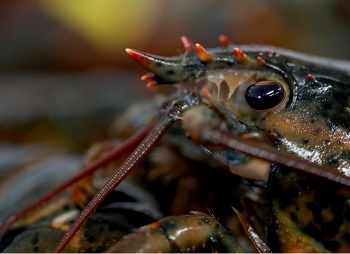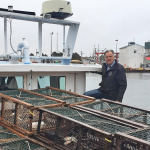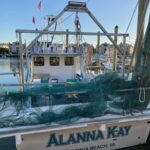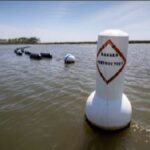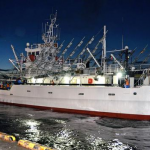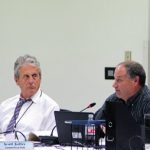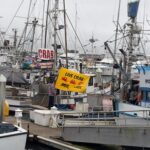Daily Archives: October 22, 2020
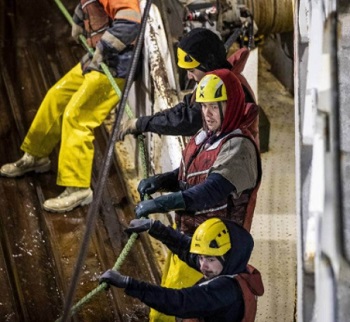
Salaries can be high, with lots of time off – so why can’t fishing boats hire Kiwis?
The worker shortage in the deep-sea fishing industry is almost at crisis point as it struggles to attract new workers, industry leaders say. The issue has been highlighted this week by nearly 240 Russian and Ukrainian fishermen now quarantining in Christchurch’s Siduma Hotel after 11 of them tested positive for Covid-19. But this recent dilemma was only exacerbating a problem the industry had with recruiting new workers. >click to read, or listen to audio report< 19:05

Alaska Supreme Court hears challenge to fish landing tax
Since the 1990s, Alaska has taxed seafood caught by factory trawlers and floating processors through the Fisheries Resource Landing Tax. Even though the fish is caught outside the 3-mile line in what’s considered federal waters, it’s often brought to Alaska fishing ports before loaded on cargo vessels and shipped overseas. But the Washington state company, Fisherman’s Finest, is now challenging the state’s tax in court, arguing it violates a pair of provisions of the U.S. Constitution that restricts coastal states from imposing tariffs or duties on goods brought into and out of a state. >click to read< 17:28
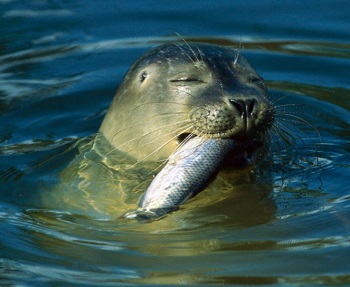
What Would a British Columbia Seal and Sea Lion Cull Actually Entail?
Cast an eye upon Canada’s Pacific coast and it shouldn’t take long to spot its most ubiquitous marine mammal, the harbor seal. At least 100,000 are thought to occupy the coves and nearshore waters along British Columbia’s coast. You may view seals with wonder, as evidence of a productive marine ecosystem on the doorstep of civilization. Or, just as easily, as a ravenous predator gobbling up the same fish populations sought by humans. Enter a divisive proposal to cull the seals and sea lions. Enough time has been spent studying the species’ impact on fish stocks, advocates of the cull say: it’s time to cut them back. >click to read< 11:42
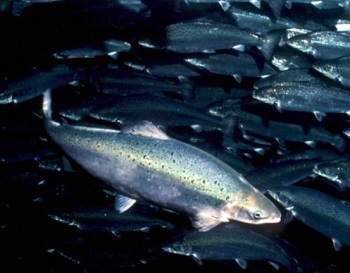
Study: Captive-bred salmon in wild may do more harm than good
Releasing captive-bred Atlantic salmon into the ocean, a long-standing practice to boost stocks for commercial fishing, reduces the rate at which wild populations reproduce and may ultimately do more harm than good, researchers cautioned Wednesday. On average, salmon born in hatcheries in Ireland’s Burrishoole catchment only produced a third as many offspring in the North Atlantic compared to wild fish, according to a study in the Royal Society’s biological research journal Proceedings of the Royal Society B. It has long been assumed that wild and captive-born fish were “ecologically equivalent,” but the new research shows otherwise. Fish reared for any period of their life in an aquaculture environment, it turns out, somehow change compared to their wild counterparts. >click to read< 11:13

Would Biden bring offshore wind to the West Coast?
Offshore wind supporters say Democratic presidential nominee Joe Biden could be a deciding factor in a long-standing battle if he’s elected: bringing the first turbines to the West Coast. The idea of mooring turbines onto floating platforms in California’s deep waters has been in the works since the Obama administration, when Interior Department officials responded to unsolicited proposals from wind companies by mapping three potential areas for turbine construction and asking for comment on their viability. If completed, the plan could have major implications for the state’s emission profile and the offshore wind industry, which to date has largely been focused along the U.S. East Coast. >click to read< 09:36






